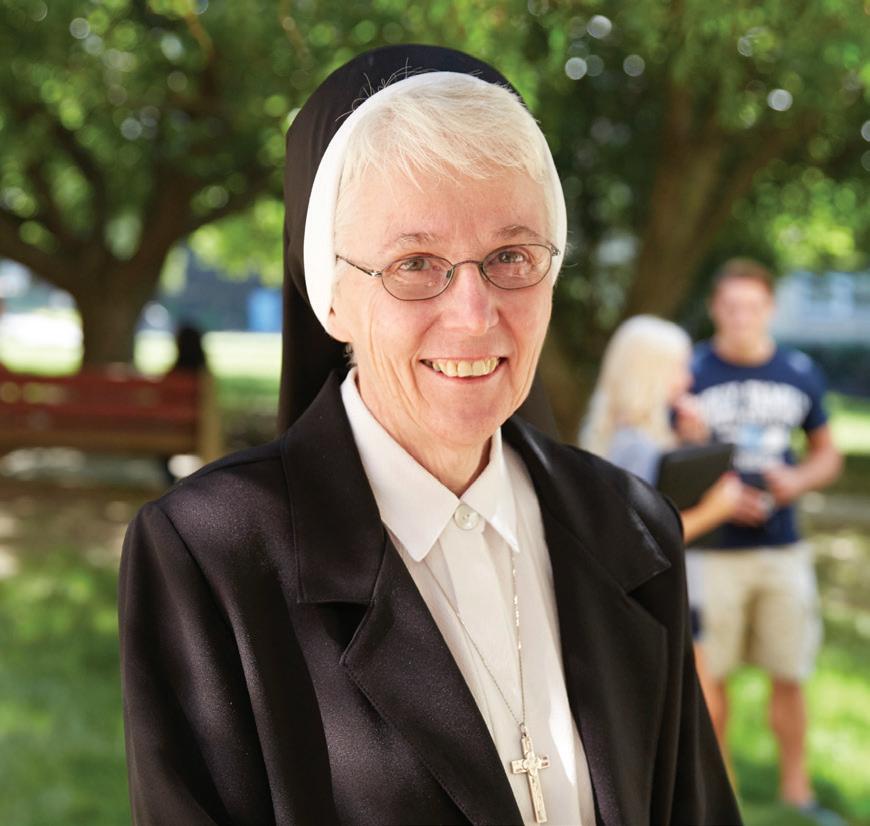Making Healthcare
SMARTER By Debbie Lewis
A
s technology continues to advance,
the impact on the delivery of healthcare has been profoundly changed. Data analytics, machine-to-machine communications, and the Internet continue to move the healthcare industry from a one-size-fits-all approach to tailored precision medicine, aiming to offer the right treatment to the right patient at the right time. As a result, higher education institutions have also had to adapt with more state-of-the-art technology, innovative curriculum, and learning experiences to prepare students for the ever-evolving world of healthcare. It is a world where providers work as a team, exploring various facets of a patient’s genomic makeup, environment, and lifestyle to devise more thoughtful and effective personalized care. “We now have the ability to analyze genetic material and markers, and determine what may work for one individual may not be the direction to go for another,” said Cynthia Russell, PhD, RN, FAAN, PCC, NBC-HWC, Dean of the School of Nursing and Allied Health Professions. “The customization of care that’s needed is going to be more refined, including anticipatory versus reactive guidance. Rather than moving strictly in a disease model, or a traditional medical model, where you address healthcare challenges as they arise, we can work with individuals to circumvent or decrease the impact of their genetic makeup, lifestyle, and social environment. It’s not 100 percent foolproof, but a particular pain medication may work for one
12
SUMMER / 2020









